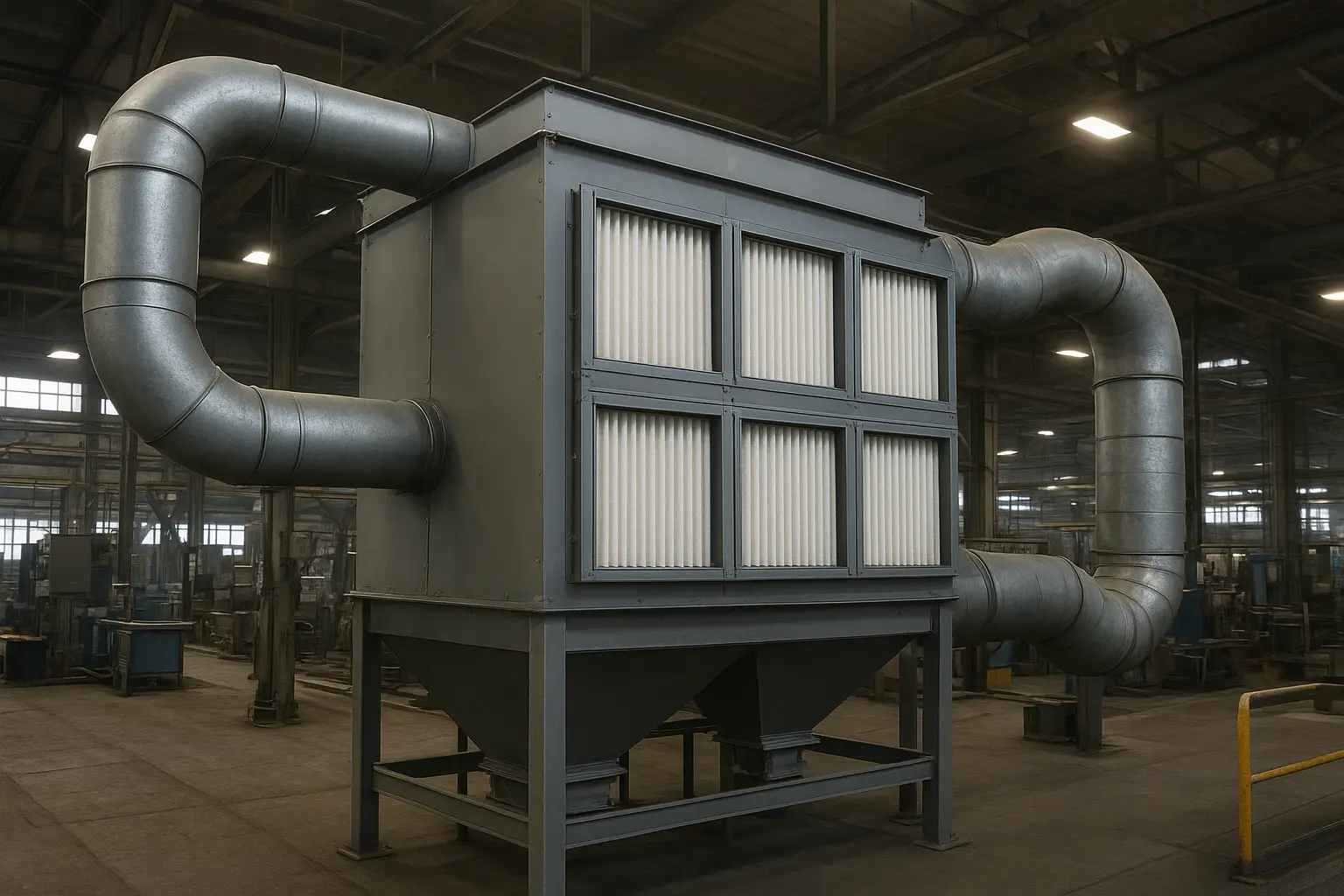Air quality plays a critical role in our overall health and well-being. From reducing allergens to trapping pollutants, effective air filtration systems are essential in homes, offices, and industrial environments. When selecting a solution, working with a trusted air filter manufacturer ensures you get products designed for efficiency, safety, and durability. These manufacturers not only produce filters that meet regulatory standards but also innovate to address emerging air quality challenges.
Understanding the Role of Air Filters
Air filters are more than just screens that catch dust. They are engineered to remove particulate matter, bacteria, and even volatile organic compounds (VOCs) from the air. In residential settings, they help people with allergies, asthma, or other respiratory conditions breathe easier. In industrial or commercial environments, air filters protect equipment and maintain a healthy workspace, ultimately contributing to productivity and safety.
Reliable manufacturers focus on understanding the specific needs of different environments. For example, HEPA filters, which remove at least 99.97% of particles as small as 0.3 microns, are commonly used in hospitals and laboratories, while MERV-rated filters suit residential and commercial HVAC systems. By choosing the right filter for the right environment, you maximize air purification efficiency.
Innovation in Materials and Design
One way manufacturers improve air quality is through continuous innovation in filter materials and designs. Modern filters often use multiple layers, combining mechanical filtration with electrostatic attraction to capture a wider range of pollutants. Some advanced filters even incorporate antimicrobial coatings to prevent mold or bacterial growth, which is especially valuable in humid climates.
Manufacturers are also exploring sustainable materials, such as biodegradable fibers, that maintain high filtration efficiency while reducing environmental impact. By investing in research and development, these companies ensure their filters not only meet current standards but anticipate future air quality challenges.
Custom Solutions for Specific Needs
A reliable air filter manufacturer recognizes that one size does not fit all. Different spaces have unique air quality challenges, requiring tailored solutions. Hospitals, for instance, need filters capable of trapping microscopic pathogens, while factories might require heavy-duty filters that can withstand high volumes of dust or chemical particles.
Custom solutions often involve a detailed assessment of airflow, pollutant types, and occupancy levels. Manufacturers collaborate with clients to design filters that optimize efficiency without compromising energy use. This approach ensures long-term performance and better indoor air quality.
In addition to selecting high-quality air filters, partnering with a reputable HVAC contractor is crucial for maintaining optimal indoor air quality. For residents in Illinois, an experienced HVAC contractor in Bensenville can provide expert guidance and services to ensure your systems are functioning efficiently. These professionals not only install and maintain air filtration systems but also offer valuable insights into improving air quality through regular maintenance and upgrades. By working with skilled contractors, homeowners can achieve a healthier living environment, reducing allergens and pollutants that compromise air quality.
Rigorous Testing and Certification
Air filter manufacturers committed to quality implement rigorous testing and certification processes. Filters undergo laboratory testing to verify efficiency, airflow resistance, and durability. Certifications from recognized bodies, such as HEPA or ISO standards, give consumers confidence that the product will perform as advertised.
Regular testing also helps manufacturers identify potential weaknesses and improve future designs. This proactive approach reduces the risk of equipment damage or health hazards caused by ineffective filtration.
Educating Consumers and Industry Professionals
Beyond manufacturing, reliable air filter companies often play a role in educating users about air quality. By providing guidance on maintenance, replacement schedules, and filter selection, they ensure that their products deliver optimal performance. Proper use and upkeep of air filters are essential for maintaining clean, safe indoor environments.
In commercial and industrial contexts, manufacturers may offer training for facility managers or HVAC technicians, ensuring that filters are installed and replaced correctly. This not only improves air quality but also extends the life of HVAC systems and reduces energy consumption.
Sustainable Practices and Environmental Impact
Finally, many leading manufacturers are adopting sustainable practices to reduce their environmental footprint. From using recyclable materials to designing filters that last longer without sacrificing efficiency, these efforts contribute to cleaner air both indoors and outdoors. Reducing waste from disposable filters and lowering energy consumption aligns with global efforts to combat pollution and climate change.
By focusing on innovation, customization, testing, and education, reliable air filter manufacturers play a vital role in improving indoor air quality. Their products protect health, enhance comfort, and contribute to a safer environment across residential, commercial, and industrial spaces.
Also Read-
- Affordable Waste Solutions for Businesses in Spartanburg
- Selecting the Right Tech Stack for Mobile App Success
- When ChatGPT Isn’t Enough: Building Custom GenAI Solutions










